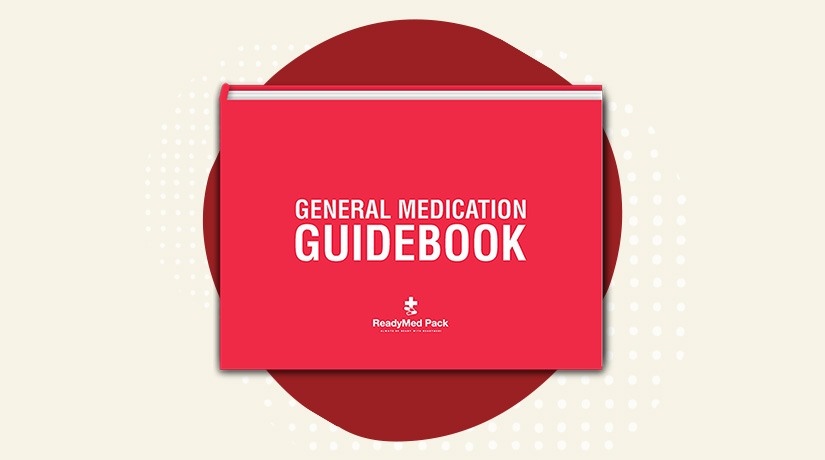
As the cold and flu season continues, it’s wise to stock up on essential medications to manage symptoms and aid recovery. Here’s a guide to the key medications and remedies to keep in your medicine cabinet:
- Pain Relievers and Fever Reducers
- Acetaminophen (Tylenol) and Ibuprofen (Advil, Motrin): These help reduce fever, relieve headaches, and ease body aches.
- Decongestants
- Pseudoephedrine (Sudafed): Effective for nasal congestion relief.
- Nasal Sprays: Saline sprays or decongestant sprays (like oxymetazoline) can help clear nasal passages. Use decongestant sprays for no more than three consecutive days to avoid rebound congestion.
- Cough Suppressants and Expectorants
- Dextromethorphan: Helps suppress a persistent cough.
- Guaifenesin (Mucinex): Loosens mucus to make coughing more productive.
- Antihistamines
- Diphenhydramine (Benadryl) or Loratadine (Claritin): Useful for relieving runny noses and watery eyes caused by colds or allergies.
- Throat Lozenges and Sprays
- Menthol Lozenges and Throat Sprays: Soothe sore throats and ease irritation.
- Hydration Aids
- Oral Rehydration Solutions (ORS) like Pedialyte or electrolyte tablets: Help maintain hydration, especially during fever or severe symptoms.
- Sports Drinks like Gatorade: Provide electrolytes and energy to support hydration and recovery.
- Over-the-Counter Remedies for Specific Symptoms
- Cold and Flu Combination Medications: Products like DayQuil and NyQuil offer multi-symptom relief, combining pain relievers, cough suppressants, and decongestants.
- Antacids: For managing nausea or indigestion that sometimes accompanies flu symptoms.
- Essential Non-Medication Supplies
- Thermometer: To monitor fever.
- Tissues: For managing nasal discharge.
- Hand Sanitizer: To reduce the spread of germs.
When to Seek Professional Help
If symptoms persist or worsen after a few days, or if you’re in a high-risk group (young children, the elderly, pregnant individuals, or those with chronic conditions), consult your healthcare provider.
By preparing ahead, you can manage symptoms more effectively and reduce discomfort during cold and flu season.

